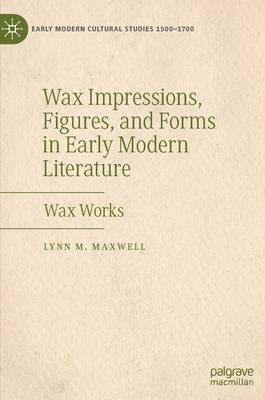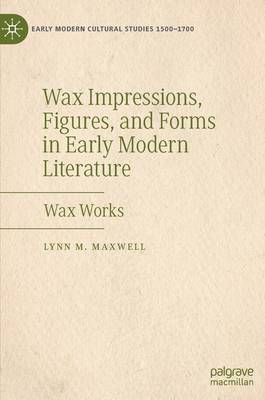
- Retrait gratuit dans votre magasin Club
- 7.000.000 titres dans notre catalogue
- Payer en toute sécurité
- Toujours un magasin près de chez vous
- Retrait gratuit dans votre magasin Club
- 7.000.000 titres dans notre catalogue
- Payer en toute sécurité
- Toujours un magasin près de chez vous
84,45 €
+ 168 points
Format
Description
This book explores the role of wax as an important conceptual material used to work out the nature and limits of the early modern human. By surveying the use of wax in early modern cultural spaces such as the stage and the artist's studio and in literary and philosophical texts, including those by William Shakespeare, John Donne, René Descartes, Margaret Cavendish, and Edmund Spenser, this book shows that wax is a flexible material employed to define, explore, and problematize a wide variety of early modern relations including the relationship of man and God, man and woman, mind and the world, and man and machine.
Spécifications
Parties prenantes
- Auteur(s) :
- Editeur:
Contenu
- Nombre de pages :
- 224
- Langue:
- Anglais
- Collection :
Caractéristiques
- EAN:
- 9783030169312
- Date de parution :
- 31-05-19
- Format:
- Livre relié
- Format numérique:
- Genaaid
- Dimensions :
- 148 mm x 210 mm
- Poids :
- 430 g







